Stigma, Scars, & Tattoos
Tattoos are a form of self expression. They offer people a way to carry art with them forever. They can be meaningful or silly, simple or detailed, huge or tiny. Tattoos are just as individual as the people who get them.
Despite the artistic merits of tattoos, there has been a stigma surrounding them. People may be encouraged to hide their tattoos or to not get one at all because of the idea that it could make someone less employable or professional.
Similarly, there are stigmas that surround self harm and the scars that it leaves behind. Self harm is often widely misunderstood by social media and society as a whole. Self harm is a coping strategy that people use for emotional distress. It is one type of valve.
Tattoo by Alexandra Winthrop
Stigma is a harmful thing that can make people feel as if they need to hide parts of themselves. Whether that be tattoos or scars, there shouldn’t be any shame about what’s on people’s bodies.
Helping people fight those stigmas is part of what drives tattoo artist Alexandra Winthrop.
Winthrop works in Chicago and specializes in self-harm scar cover ups. With ten years experience with tattooing and six years with scar cover up work, she has seen a lot of the stigma that surrounds these conversations.
“There's so much stigma in seeing scars that a lot of times somebody didn't want to end up with,” Winthrop said. “But it happened and should be no fault or there should be no judgment on this person for having dealt with that. So the thing that I do love most about scar cover ups is being able to help somebody get over that potential stigma.”
Fellow tattoo artist, Em North, takes a similar viewpoint.
“To me it's just so important to normalize having self harm scars,” North said. “I think my main role in tattooing people, other than providing beautiful art, is helping them to feel comfortable in a really difficult process”
North, who works in Philadelphia and has been tattooing since 2009, also does scar cover up work. They strive to create an open and comfortable environment for their clients to give them the respect they deserve.
“I feel very honored that people trust me with these thoughts that they probably feel they can’t show other people and I just want to respect that,” North said. “It's just such an honor to help them in what way I can.”
Tattoo by Em North
That same respect is also key for Ruby Gore, a tattoo artist based in Philadelphia. Gore has been tattooing since 2014 and has a trauma aware approach to tattooing. For Gore, that respect comes in the form of accessibility and undivided attention.
“I only tattoo one person a day no matter what the instance is so they feel like they're seen, they're heard, and there's no rush,” Gore said.
According to Gore, this helps her clients feel at ease. This is important for everyone including those participating in her self harm scar cover up project called Out of the Darkness.
Even before she’s able to put ink on skin, Gore thinks that the project is helpful. Having an appointment can give someone a bit of hope and something to look forward to.
“I think having a tangible goal helps people stay accountable and keeping up with their regimen of continuing their therapy and their mental health care and whatever way that looks like,” Gore said.
All three of the artists expressed the same desire to help others.
For Wintrop, tattoos offer a beautiful way to not just cover the scars but to create something new. They cannot erase the past but can represent growth towards the future.
“It may not completely erase the scars or that horrible time in their life, but it's still a tribute to how far they've come with their own journey and hopefully gives them a little bit of a boost to continue going forward with things,” Winthrop said.
Tattoo by Alexandra Winthrop
For Gore, she sees this work as a privilege. She said she doesn’t realize the impact she’s having until a client expresses their gratitude after a session.
“I'm just so happy to be there that I'm able to do something and I forget how much of an impact it makes so it's humbling,” Gore said.
And for North, they are happy to help people reclaim their bodies through the power of art.
“I've always been an artist. It's like I've always been good at drawing since I was a kid. It was kind of my superpower. So I feel like it elevates that superpower to be this thing that's even so much more meaningful than just painting on a canvas or drawing on a piece of paper,” North said.
See more of Em North’s work at their website and Instagram, more of Alexandra Winthrop’s work at her website and Instagram, and more of Ruby Gore’s work at her website and Instagram.



